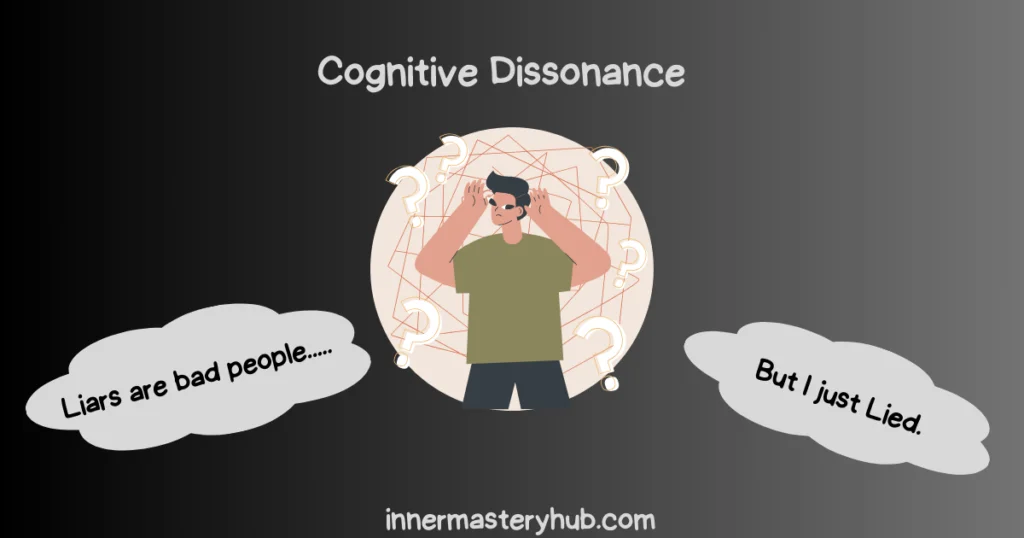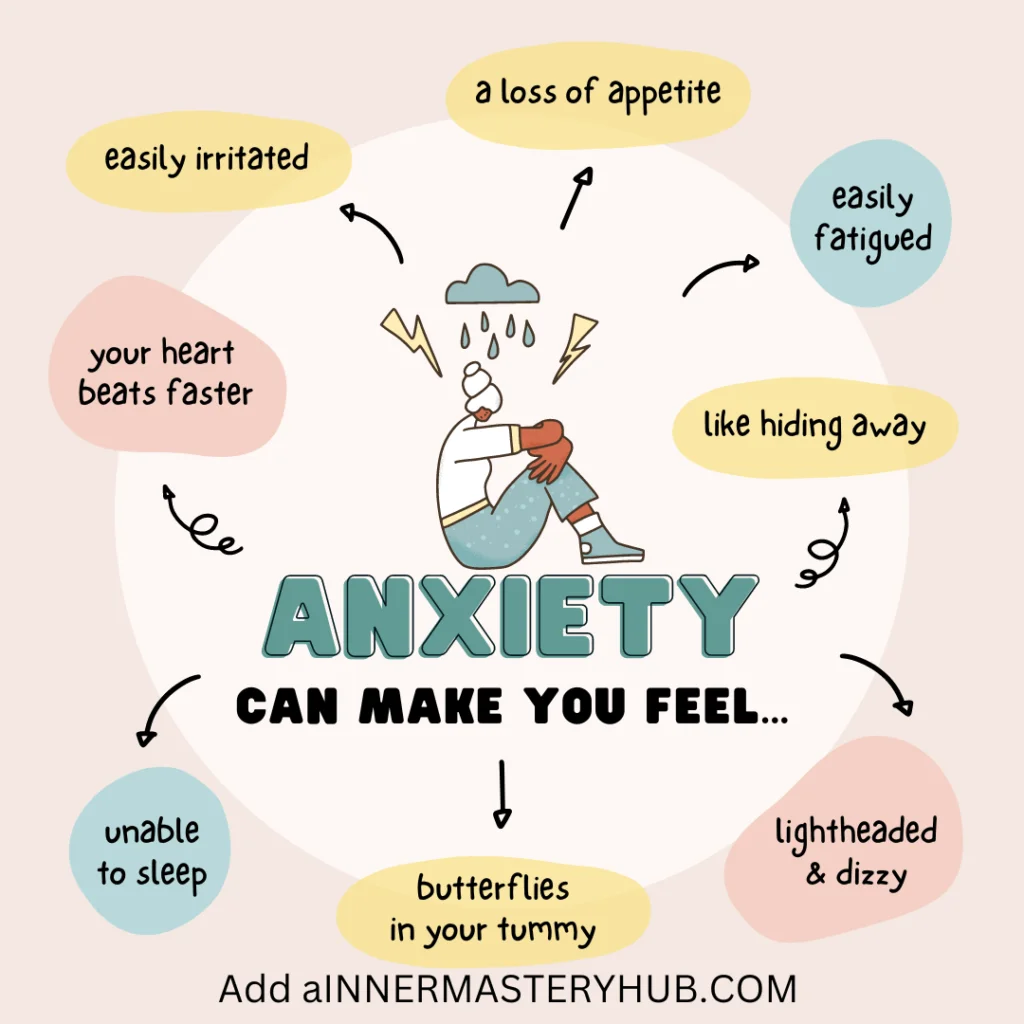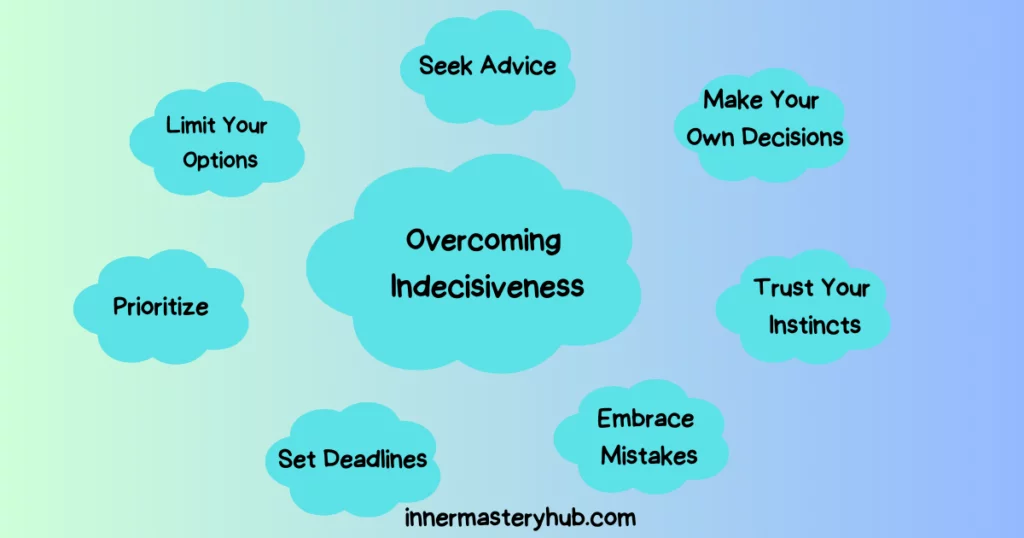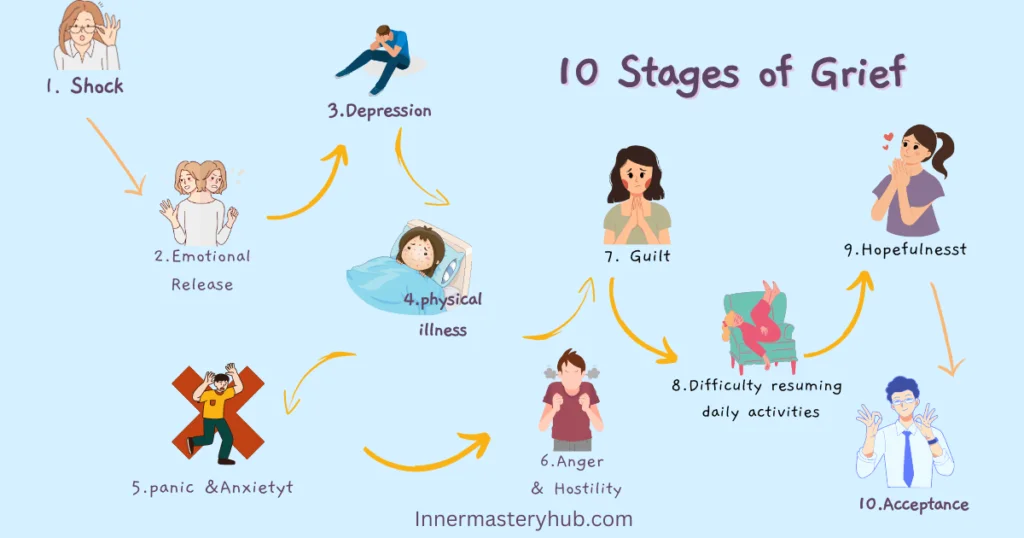
Developing an interest in the emotions that influence people’s words, behaviors, and decision-making is what emotional curiosity means, not becoming emotionally charged or curious about emotionally charged individuals.
At an early age, we are taught to enhance our Intelligence (EQ) in various areas, but we receive less attention when understanding our emotions. This frequently leaves us ill-prepared to deal with our emotional environment. Without noticing it, we constantly respond to our emotions as they arise, using simple strategies like running away, avoiding, battling, or allowing them to paralyze us.
Enhancing our self-awareness and learning more constructive coping mechanisms for our more difficult emotions requires cultivating emotional intelligence and curiosity. Research indicates a correlation between improved emotional well-being and heightened awareness of one’s emotions, behaviors, and stressors. This type of information helps people become more resilient and capable of managing challenging situations.
Therefore, enhancing wellness requires being curious and receptive to learning about our emotions. People often assume that having this kind of interest implies that we must constantly be able to identify the source of our emotions. The what, though, is actually where the secret is.
RELATED: Emotional Resilience: 11 Strategies To Build it
Table of Contents
Psychology Behind Emotional Curiosity
Curiosity has been linked in studies to enhanced connectivity and activity in specific brain regions. For example, the VTA, a crucial component of the brain’s reward system, plays a role in curiosity, reward anticipation, and motivation.
According to studies, people’s VTA is more active when they are interested in a subject. Dopamine, a neurotransmitter connected to pleasure and reward, is released in response to the VTA, which further stimulates curiosity and the need to learn.
Known for its function in memory and learning, the hippocampus is also active when someone is curious. Since the hippocampus is essential for storing and retrieving knowledge, curiosity frequently entails the desire to learn and comprehend new information.
Here are some of the specific psychological benefits of emotional curiosity:
- Increased emotional Intelligence
- Improved relationships
- Better decision-making
- Increased creativity and innovation
- Greater resilience in the face of stress
- Reduced anxiety and depression
- Increased overall well-being
RELATED: 11 Ways To Figure Out Why You Feel Like “What’s wrong with me”
Neuroscience of Emotional Curiosity
Research has shown that curiosity is associated with increased activity and connectivity within certain brain regions. For instance, the VTA, a key part of the brain’s reward system, is involved in motivation, reward anticipation, and curiosity.
Studies have indicated that when individuals are curious about a subject, the VTA tends to be more active. The VTA is linked to the release of dopamine, a neurotransmitter associated with pleasure and reward, which further reinforces curiosity and the motivation to seek information.
The hippocampus, known for its role in memory and learning, is also engaged during curious states. Curiosity often involves the desire to learn and understand new information, and the hippocampus plays a crucial role in encoding and retrieving information.
Decision-making, cognitive control, and emotion regulation are further functions of the prefrontal cortex, especially the dorsolateral prefrontal cortex (DLPFC). The assumption that curiosity activates higher cognitive processes is supported by studies that show greater activity and connectivity in the prefrontal cortex when curiosity is aroused.
Additionally, studies have linked emotional curiosity to improved connection between the prefrontal cortex, hippocampus, and VTA. This implies that emotional curiosity is facilitated by the cooperation of various brain regions.
RELATED: Cognitive Dissonance: Theory, Examples & How to Reduce It
Emotions Associated With Curiosity
Here are some emotions associated with curiosity:
- Children get excited on Christmas morning to unwrap their presents because they want to see what’s inside.
- Curiosity: Students’ curiosity in this significant moment in American history drives their interest in studying the history of the American Civil War.
- Joy: Discovering a new planet or creating a vaccine are examples of discoveries that make scientists happy.
- A hiker is filled with awe as they take in the grandeur and splendor of the natural world while standing on the rim of a Grand Canyon.
- Confusion: Since they have never studied the science of light and dispersion, a young child is perplexed as to why the sky appears blue.
Curiosity increases Intelligence
Being curious can boost one’s intelligence. One essential element of intelligence is curiosity, which is the drive to discover and investigate. Curiosity increases our propensity to observe our environment, pose inquiries, and look for new facts. We learn and develop cognitively as a result.
Curiosity can boost intelligence in the following ways:
- Albert Einstein was a highly curious person. He was always asking questions and trying to understand the world around him. This curiosity led him to develop his theory of relativity, one of the most important scientific theories of all time.
- Marie Curie was another highly curious person. She was fascinated by the new field of radioactivity, and she dedicated her life to studying it. Her curiosity led her to discover two new elements, polonium, and radium, and to win two Nobel Prizes.
8 Ways To Cultivate Emotional Curiosity
Here are some ways to cultivate Emotional curiosity:
Inquire about your feelings from yourself. What’s causing my feelings? What made you feel this way? What do I need to give this emotion? By asking yourself these questions, you can better understand yourself and go deeper into your emotional experience.
Observe your feelings. Take some time during the day to reflect on your feelings and check in with yourself. Keep an eye out for any physical symptoms you may be feeling, such as a pit in your stomach or tightness in your chest.
Give your feelings a name. Try to give your feelings a name after you’ve recognized them. You can have a deeper understanding of your emotional experience by doing this. For instance, you could say “I feel sad” or “I feel bad” instead.
Examine Different Views. Seek out diverse opinions and points of view. Talk to people from different backgrounds, read a variety of books, and be exposed to fresh concepts. This expands your emotional terrain.
Avoid passing judgment. You must accept your feelings, even if they are unfavorable. Avoid ignoring or repressing your feelings. Instead, give yourself permission to enjoy them completely.
Pay attention to other people’s feelings. When someone confides in you, listen to them without passing judgment. Try to comprehend what they are experiencing and the reasons behind their feelings.
Practice Empathy. Cultivate empathy by understanding others’ emotions and viewpoints. This helps you appreciate the emotional richness in human experiences, fostering a more profound sense of passionate curiosity.
Show off your creativity. Take part in artistic pursuits like music-making, writing, or sketching. Being creative makes it possible to explore and express emotions in novel ways, which promotes a better comprehension of your emotional terrain.
Incorporating these techniques into your life purposefully can help you cultivate emotional inquiry. Allow curiosity to lead you to comprehend the complex web of human emotions, embrace the range of emotions you encounter, and use them as instruments for self-discovery.






